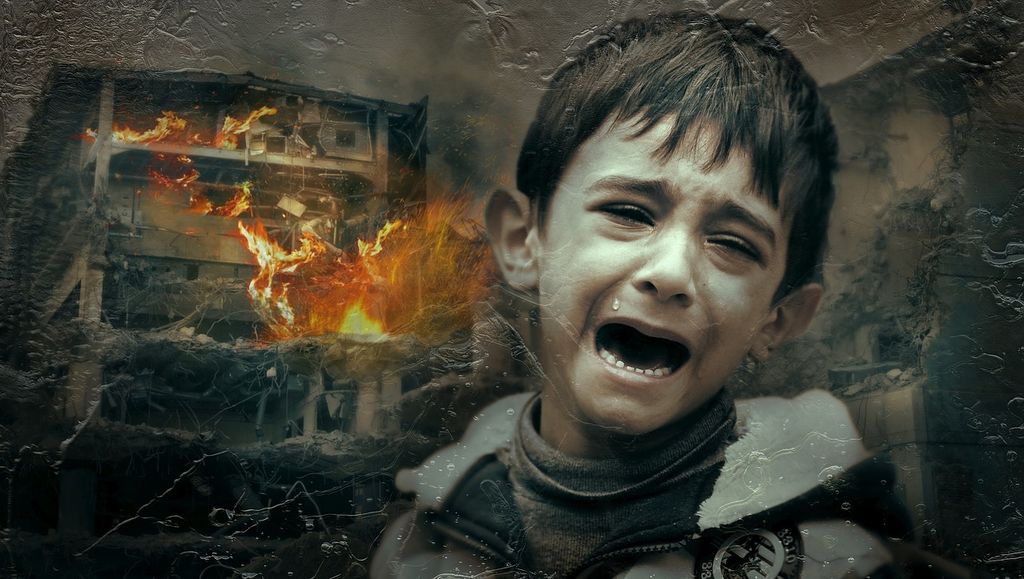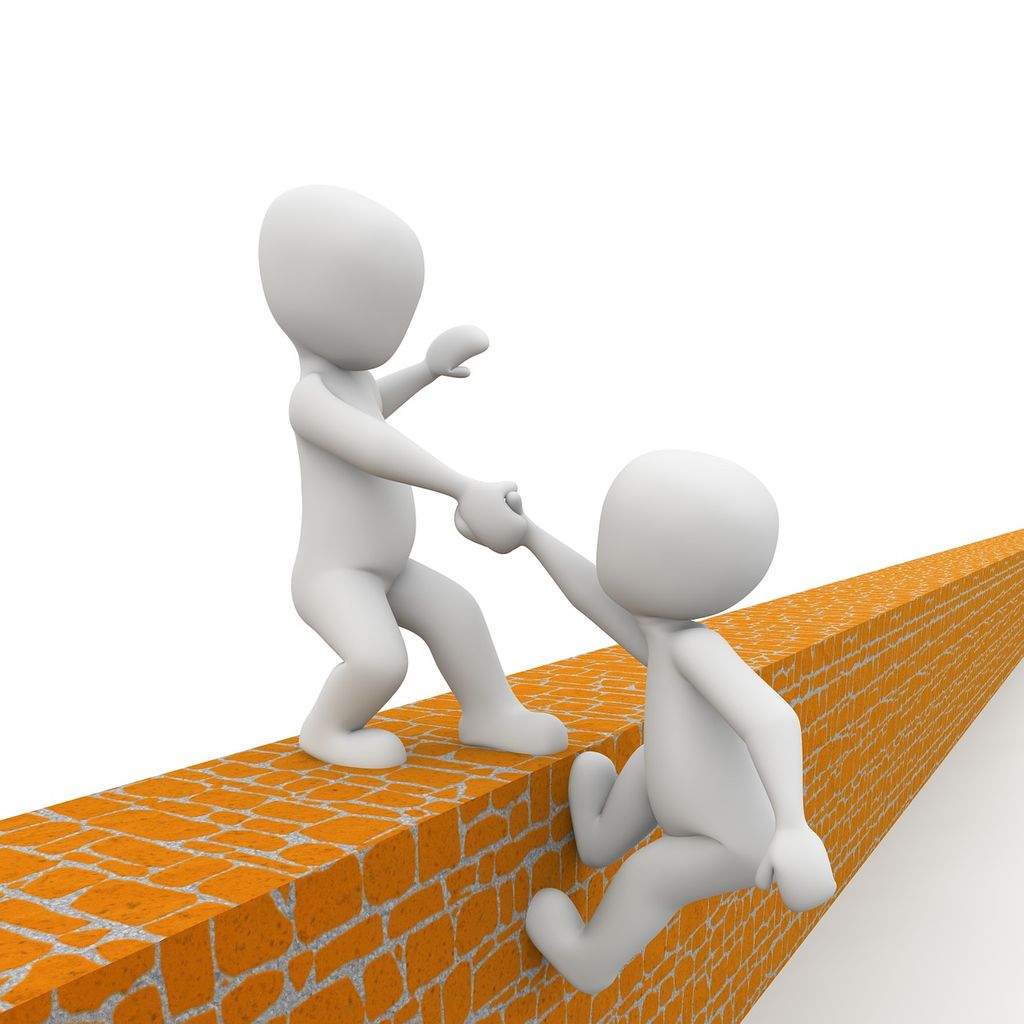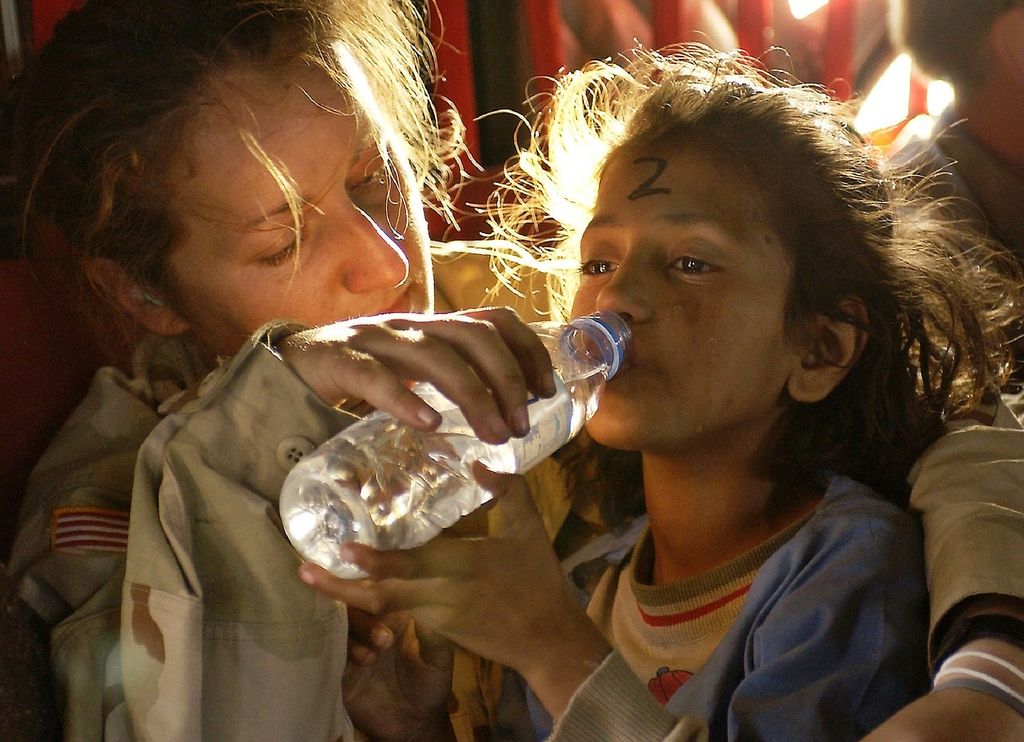Impact Of War On Mental Health
Jun 08, 2019 • 85 views
War is the most destructive and ruthless of all human activities. It has disastrous effect on an individual’s physical and mental health. War destroys communities, families and often obstructs socio-economic development of a nation. Cultures and religions are often criticised for being the main cause of violence, poverty and displacement. The complexity of understanding the root causes of war and instability is so complex that we often ignore the real source that is accountable for it.
This is a political argument towards war.
What I want to share in this article is how war affects mental health and how can we help victims help themselves in times of upheaval?

I belong to a country that is still in turmoil as the Taliban maintains it’s grip on almost 60 per cent of the country (Afghanistan) since 2001. More than two decades of war and conflict have led to widespread human suffering and population displacement in Afghanistan. Women, children, disabled and elderly are the tragic victims of war in a society whose institutional support systems had been weak or nonexistent prior to the outbreak of conflict 30 years ago, which have been nearly impossible to rebuild since.
War reflects it’s impact on victims in many ways; directly or indirectly.Death, injury, sexual violence, malnutrition, illness, and disability are some of the most threatening physical or direct consequences of war, while post-traumatic stress disorder (PTSD), depression, and anxiety are some of the emotional or indirect effects of war.
Human resilience and ability to recover after traumatic events cannot not be underestimated. Besides specialized therapies that might be required for specific cases like CBT, EDMR and medications; there are many things that can be done at personal and community levels to help regain confidence and feeling of being in control.

Here are some examples:
Helping survivors to take active role in maintaining their well-being and health tominimise falling into the mode of hopelessness and helplessness.Perceived absence of control over the outcome of a stressful situation can worsen mental health.
Encouraging the survivors to use their own problem-solving skills and experiences to feel enabled.
Focusing on promoting recovery and social inclusion. Eg: Helping escaped survivors (refugees) to adjust to their new environment and develop a new lifestyle.
Communicating with families and friends to ventilate and accept help when offered as it can reduce the sense of isolation and alienation.
Self-help books can be of benefit as they provide tips and can teach various coping and problem-solving skills.
Encourage survivors to ask for help when necessary and not shying away, it was not your fault anyway.
Helping survivors connect with reality by being kind to them, volunteer and participate in activities like funerals and comfort them.

I believe that our positive outlook towards negative situations will always help us adjust better and become emotionally more stable , reliable and active. As human beings and societies, it is our responsibility to help and support each other in times of upheaval. There’s so much more to understand the traumatised brain of a human and it’s effective recovery.
